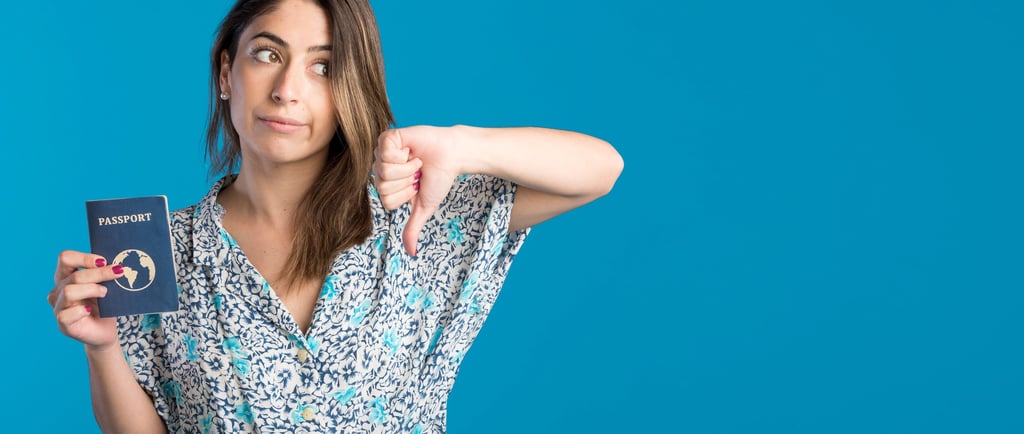No passport, no cry: discerning the correct traditional values to defend
A brief historical exposition of how the so-called traditional values come and go: going back to the times when married women were considered as annexes to their husbands.
4/16/20252 min read


Certain people, as well as certain political and non-political organizations, base their very reason to exist upon defending the traditional values. Traditional family roles, traditional cultural features, traditional social norms - all of these are said to be under attack by wokism, by individualism, by hedonism, by societal decadence, and so on. But which values in particular do we need to defend, and why those and not others? Who is the authority to make such decisions?
Given that the very basic foundation for choosing the correct traditional values is the argument of because I think that way and I am correct, we may also have a shot. Since we also think that we are correct, we might add an additional policy line to Project 2025, or to any other conservative agenda for that matter. Why not bring back the principle - from the early 20th century USA - where “a single woman was issued a passport in her own name, but a married woman was only listed as an anonymous add-on to her husband’s document: “Mr. John Doe and wife?”
Indeed, there were times when “it was not acceptable for a married woman to travel outside of the country without her husband; he, of course, could travel without her. More generally, a married woman’s public identity was tied to her husband, and passports reflected that in being issued to the husband, with his wife being a literal notation.” To make such a transition smoother, we could begin with conservative married women - who would surely be willing to defend traditional values. That would truly make family holidays great again!
But where did it all go wrong in history? How come our dear married American ladies now have the arrogance not only to travel alone, but also to have their own passports issued in their maiden names? Well, little surprise, for it all started with such WOKE leftards as Ruth Hale:
“Shortly after her wedding in 1917, writer Ruth Hale applied for a passport under her maiden name before departing for France to work as a war correspondent. Her request was denied, and when Hale returned to New York a year later, she embarked on what became a lifelong crusade to use her maiden name on legal documents. In 1920, Hale was issued a passport under the name “Mrs. Heywood Broun, otherwise known as Ruth Hale.”
It is due to such people like Ruth Hale terrorising the State Department that we have to suffer the embarrassment in our days:
“‘Despite arguments about whether a married woman could be known and identified through her maiden name, much of the official concern seemed to be about the ‘embarrassment’ of the perception it would create, i.e. that although a married man was traveling with his wife, it would appear that he was traveling with a single woman because she did not have his name,’ says Robertson of the agency’s reluctance to capitulate.”
In the end, “the decision to drop marital information entirely was unceremoniously announced in a 1937 memo by longtime Passport Division head Ruth Shipley”. It stated that “because our position would be very difficult to defend under any really definite and logical attack, it seems the part of wisdom to make the change.”
This story could serve as a historical lesson for the defenders of the traditional values of our times. Against gay marriage? Against women’s control over their reproductive rights? Against greater racial diversity of our societies? Well, with every passing generation these positions will become more and more difficult to defend under any really definite and logical attack.
Source: https://www.atlasobscura.com/articles/us-passport-history-women
Image by Freepik.com
The Progressive Optimist
Educational project dedicated to the understanding of historical progressive social change
© 2025. All rights reserved.
